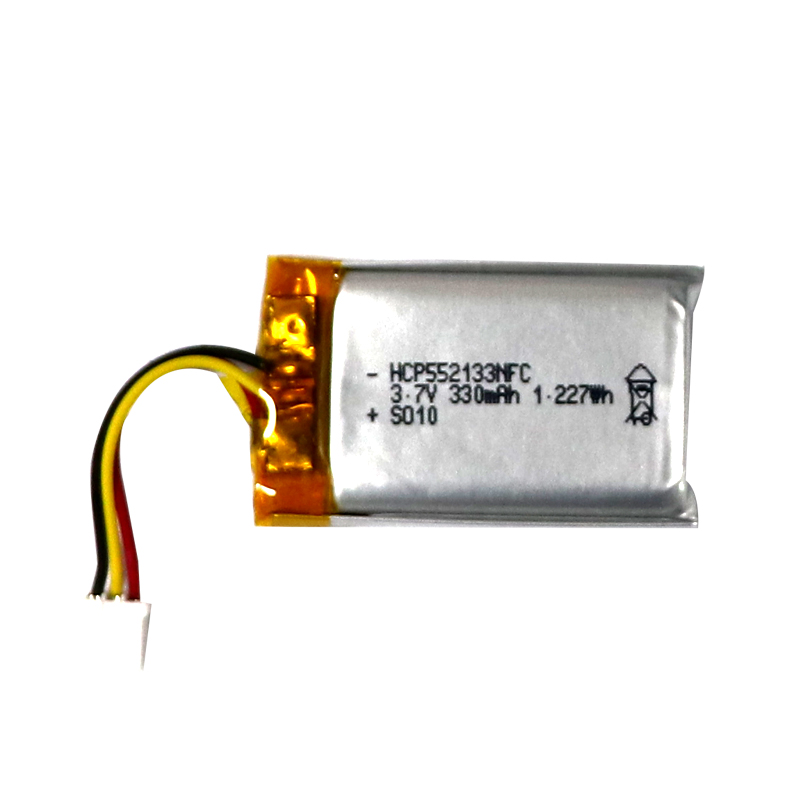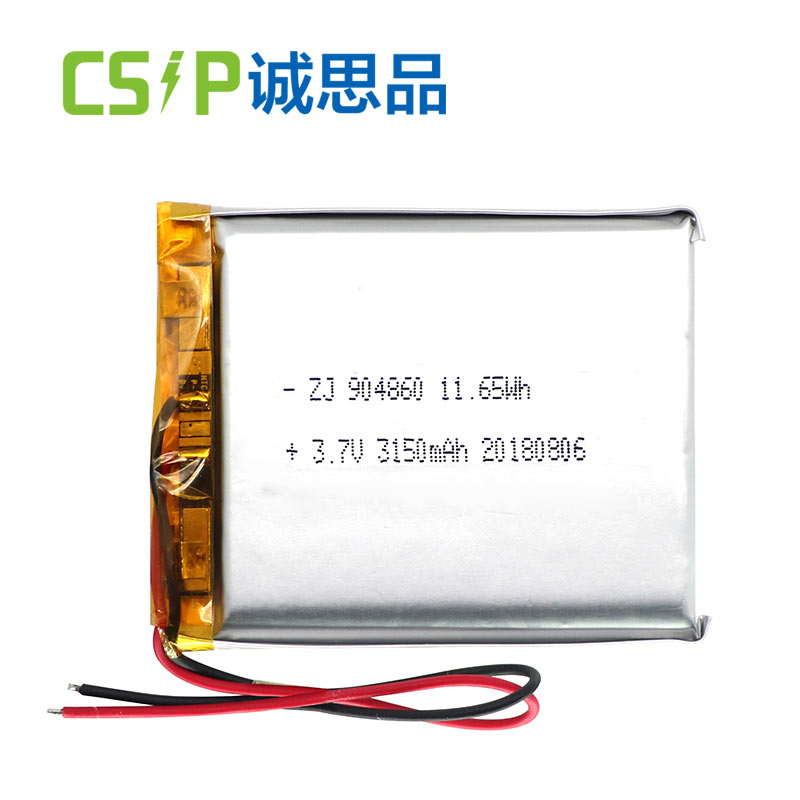18650 is the originator of the lithium-ion battery a standard lithium-ion battery model set by SONY in Japan to save costs, where 18 means 18 mm in periphery, 65 means 65 mm in length and 0 means a spherical battery.
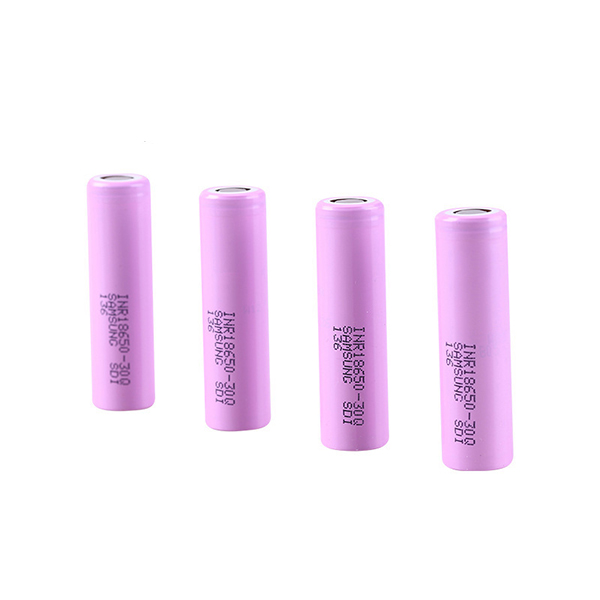
Li-ion( Lithium Ion Battery) Li-ion batteries have the advantages of light weight, high capacity and no memory effect, and are thus generally used-numerous digital bias use Li- ion batteries as a power source, although they're fairly precious. Lithium- ion batteries have a high energy viscosity, with 1.5 to 2 times the capacity of NiMH batteries of the same weight, and a veritably low tone- discharge rate. In addition, lithium- ion batteries have nearly no" memory effect" and contain no poisonous substances, which is an important reason for their wide use. Please note that lithium- ion batteries are generally marked with the words 4.2 V lithiumion battery or 4.2 V lithium secondary battery or 4.2 V lithiumion rechargeable battery on the outside, so when buying a battery When copping batteries, druggies must read the markings on the surface of the battery block to help cadmium- nickel and hydrogen- nickel batteries from being incorrect for lithium batteries because they don't read the battery type(1).
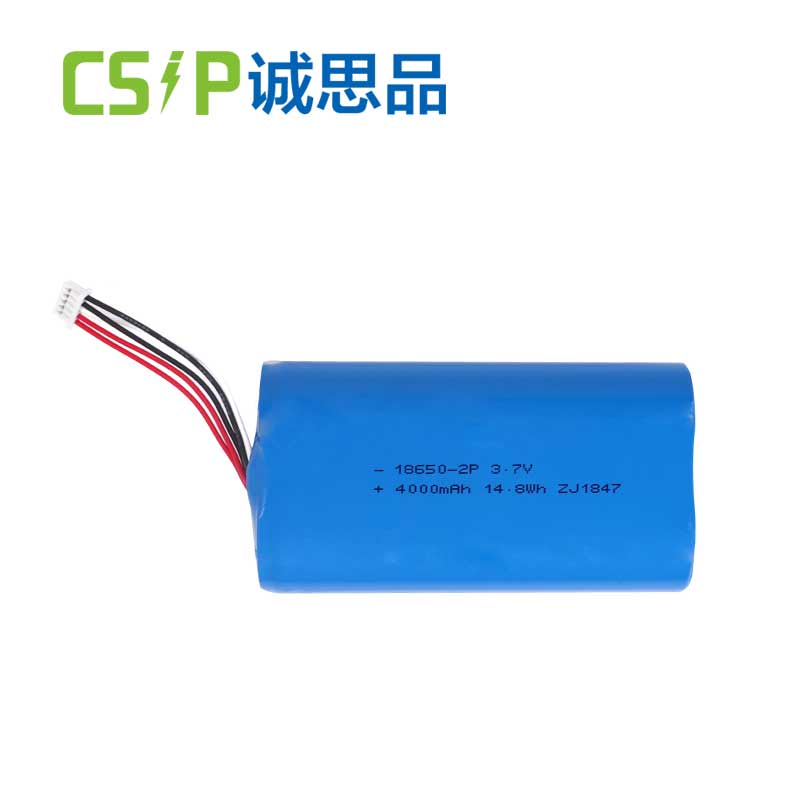
18650 lithium batteries
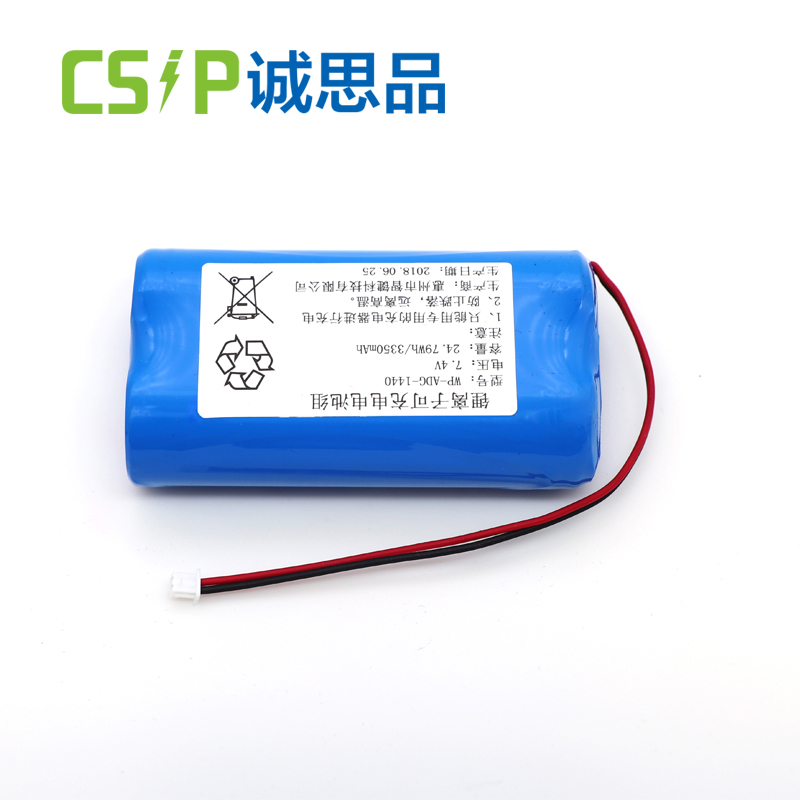
Type difference
Li-ion batteries are marked with 3.7 V or 4.2 V and are the same. The 3.7 V refers to the table voltage( i.e. typical voltage) of the battery when discharged during use, while 4.2 volts refers to the voltage when completely charged. For common rechargeable 18650 lithium batteries, the voltage is marked 3.6 or3.7 v, and 4.2 v when completely charged, which has little to do with the power( capacity), the mainstream capacity of 18650 battery ranges from 1800mAh to 2600mAh,( 18650 power battery capacity is substantially 2200 2600mAh), the mainstream capacity is indeed pronounced 3500 or 4000mAh or further are available.

It's generally believed that when the no-cargo voltage of a Li- ion battery is below 3.0 V, it's considered that the electricity is used up( the specific value depends on the threshold value of the battery protection board, for illustration, it can be as low as 2.8 V or 3.2 V). utmost lithium batteries can not be discharged to a no-cargo voltage below 3.2 V, else inordinate discharge will damage the battery( generally, lithium batteries on the request are principally used with a protection board, so inordinate discharge will also lead to the protection board can't descry the battery, and therefore can't charge the battery).4.2 V is the maximum limit of battery charging voltage, it's generally believed that the no- cargo voltage of lithium batteries charged to 4.2 V will be considered full. The battery charging process, the battery voltage in 3.7 V gradationally rise to 4.2 V, lithium battery charging can't be no-cargo voltage charged to 4.2 V or further, else it'll also damage the battery, which is the special place of lithium batteries.


 Home
Home CSIP
CSIP  Feb 27,2023
Feb 27,2023 
 How to charge a lithium battery?-CSIP
How to charge a lithium battery?-CSIP 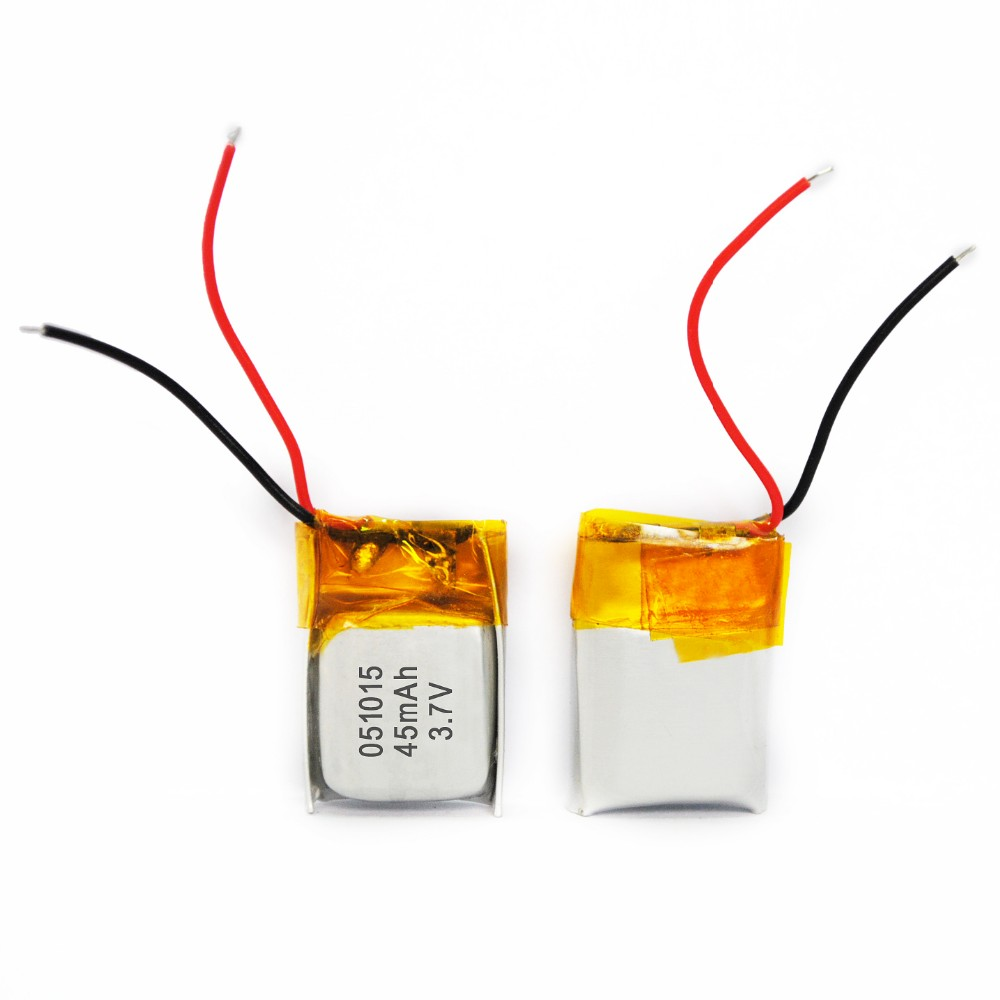
 Feb 17,2023
Feb 17,2023 


